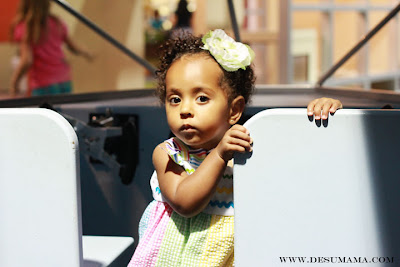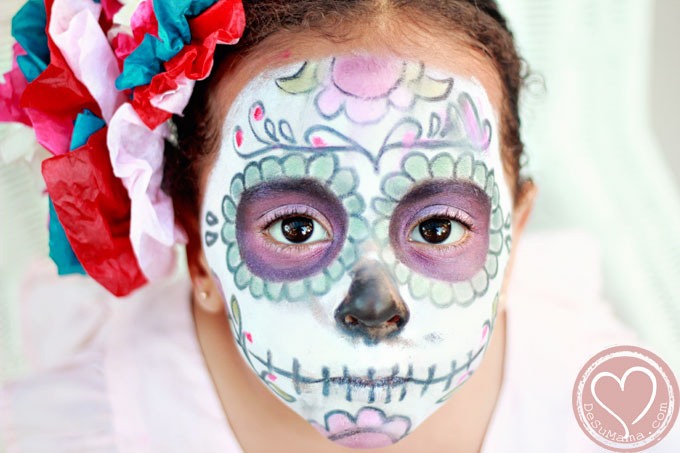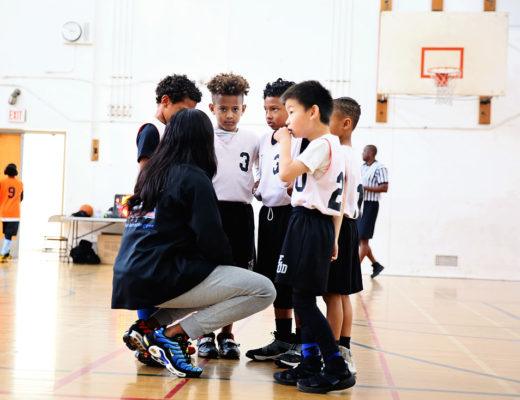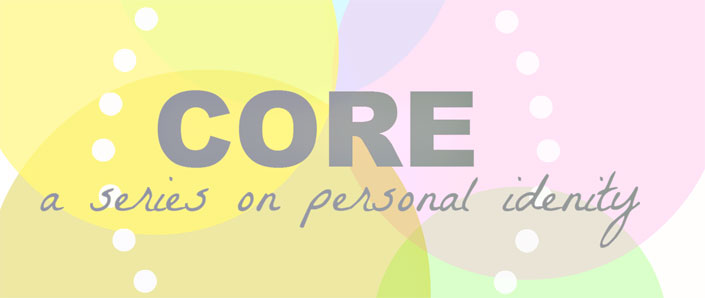Most of my career prior to staying home with my darling diva was spent working in the social services world, in programs aimed at “at-risk youth” {which I believe is usually a bogus term that defines a population that should be called “youth who adults have failed”} and their parents. It was hard work, and I’ve seen plenty of insane stuff, but my family-centered training means that I find and focus on the positives available. Not always easy, but definitely a necessity in building rapport and creating any kind of significant change for/with the family.
I am as opinionated as they come, so this type of work has meant that I have developed theories on everything from interpersonal communication, parenting to race relations. I’m not a social scientist, just a lady that likes to observe and think. And knowing that one day I would be a parent, everything I’ve experienced has somehow related to what I would and would not do, say, or teach my children. In my head, I have been writing a how-not-to parenting guide since day 1 in this industry.
There are some really no bueno parents out there {which of course would never be reading this blog!}. By “no bueno”, I’m not referring to losing your temper, raising your voice, ignoring your kid so you can write a blog post. The stuff I have seen these “at-risk youth” endure are lives you and I would NEVER consider for our children. Like ever. But some of these kids have really surprised me.
One theory I have not settled in an opinion has been that of nature versus nurture.
All of the kids I have worked with are good kids. A.L.L. In the ten years and three urban areas I have experience, I never met a single child that was bad. I never wanted to throw my hands up and give up on them {the parents were a different story}. But after a few years, I took notice of discernible differences in those children with a nature to propel and succeed. I could expect more out of these kids. They could change completely. Adapt faster. Listen intently. Focus better. And I pushed them even harder than the others. These kids kept me from burning out from an insane job that requires too much paperwork and not enough dollars. These kids and their ability to work through issues, strive towards progress, not internalize trauma, were the reason I felt like my work made a difference.
With these kids, I knew if I could remove them from their existing nurture {or lack thereof}, they would succeed. Not just survive another day, but graduate from high school, go to college, move out of their neighborhood, keep a stable job. All things that their nurture had never exemplified for them, but that their nature would be able to provide {given the proper support, programs, etc}.
My parental takeaway from working in this profession is that some people have a genetic makeup to succeed, given the appropriate levels of nurture. Their nature allows them to keep their heads higher out of water while their adult counterparts just kept sinking. And I wanted to know why! It wasn’t until a former boss handed me an article that I learned what set these kids apart from others. I finally had an adjective for what these kids were: RESILIENT.
I wrote two very in depth posts summarizing this article {there is a link to the actual study, as well} and tips on how to foster reslienence in young children, toddlers and infants. You can check them out here:
Raising A Resilient Child: Using Nuture To Build A Resilient Nature {Part 1}
Raising A Resilient Child: Using Nuture To Build A Resilient Nature {Part 2}
Even before Alina had a name, I set out to foster the innate resiliency in her nature. From looking at the list of resilient characteristics, I knew that had I been born to one of the families I worked with in my previous career, I may not have made it. As a child especially, I was extremely sensitive, not very autonomous and didn’t feel much control over my life. I was lucky to have been born and raised to good parents, who cared for and nurtured their children. Or maybe I am not giving myself enough credit. I guess I’ll never really know. But raising a child who could survive trauma, feel an inner control of their being, a woman who could hold her own with the big boys, and at the most fundamental level, a child with a happy view on life, has been my life’s ultimate purpose since finding out I was pregnant.
As Alina grows, I feel better and better about the resiliency characteristics she displays according to the noted article. She is smart, becoming more social by the day, is very effective at communication and her levels of autonomy versus compliance have begun to balance each other out. And despite the hair bows and frilly outfits, our days are filled with androgynous activities. I tell Alina everyday that she is a “big strong girl”. I hope she remembers and believes that as she grows into adulthood.
Alina, you have control over your life’s path. Not me or your Dad or anyone else. We promise to nurture you, provide for you, love you forever. But it is YOUR nature that will decide the kind of life you will lead and how to handle its inevitable crisis. We believe in you, our big strong girl! I pray every single day that you believe in yourself, too.






Jen Marshall Duncan
August 13, 2011 at 3:57 pmVanessa, I work with that same population of kids as you did, and I know exactly what you are talking about in terms of their experiences and resiliency. Sometimes I have been so frightened about being a parent because of things I have seen at my job (alternative h.s. teacher.) I thank you for posting this and for linking to your previous posts on the subject.
In response to your 2nd older post on the subject: in my experience, the biggest obstacle to helping kids be more resilient is your 5th point–helping kids see an internal locus of control. Both my own children and the kids in my classroom seem to focus on what has been done to them, or whose fault it is that something happened to them. They rarely see their part in a situation or acknowledge their own responsibility for their actions. Teaching about choices and consequences is my number one job, both as a teacher and a parent–and it is a really tough job (for me it is especially tough; I often feel like I am parenting 24-7 and have my 3 kids plus twenty-some more.)
Thank you for this really thought-provoking post! It is good to have that term in my vocabulary: resiliency.